In the desert of southern Arizona, near the Mexican border, people don’t stay for long. Well, that’s not entirely true. Some places are marked by staying, of hundreds or maybe thousands of years of homemaking. It’s just that this place doesn’t invite it. The summers tell you why. They clear out the towns, kill the migrants trying to cross the desert, and make the Border Patrol officers long for a transfer.
But some people stay. They revel in the painful hallucinatory heat, or at least tolerate it, as we all do with the less comfortable parts of our homes.
The people who thrive here seem to have adopted a more simpatico relationship with the landscape. They have no desire to impose order on it, or maybe they’ve long since stopped trying. No one has been there longer than the Tohono O’odham, whose ancestors date back to prehistory. Since the Spanish missionaries made their mark on the region, St. Francis has been the Tohono O’odham’s patron saint and the excuse for a great annual party. Last October I attended at the invitation of twins Terri and Klayla, who sang religious songs at the event. Driving to the festival site, in the heart of the reservation, I watched dust devils spin like tiny tornadoes, crossing the road and trying to take my car with them. I thought they were beautiful, the way they glided across the desert like a swarm of birds. I got out to photograph one and it passed right through me. I found it to be a kind of transcendent, breathtaking experience, but feel a little silly about that. By the end of the day I was quite sick of them. At the party, when a big gust came we’d turn our backs to it. Sometimes we’d stay ducked over, covering our heads, for a long time. Women would moan and children scream, but afterward it was as if nothing had happened. A couple of times the gusts were so strong that they pulled up the big white tents nailed to the earth with steel ties. The party pressed on. When I drove away at sunset, my eyes stung and the dust crunched in my teeth. A layer of it covered my skin and hair, even the insides of my ears. The party, I later learned, lasted until sunrise the next day.
Locals bristle at the idea that there is nothing more to this part of the country than a border. Organ Pipe Cactus National Monument, which is adjacent to the Tohono O’odham reservation and was once a part of it, is the lushest patch of desert I’ve ever seen. At a 75th-anniversary celebration of the park, Superintendent Lee Baiza concluded the ceremony, "There is more to Organ Pipe Cactus National Monument than just Homeland Security infrastructure." It registered as wishful thinking, not accurate description. The monument straddles the U.S.-Mexican border, and visitors have to pass through two checkpoints just to get there. Even in the peak tourism season during the winter, the Border Patrol agents seem to outnumber the hikers. It can feel more like a police state than a park.
It’s hard to find a stretch of this country more thinly populated than southern Arizona. For those who call it home, that’s often the attraction. This region has a reputation as an out-of-the-way place with a soft spot for the odd ones; isolationists who revel in, or at least tolerate, the eccentricities of their neighbors. It’s a lifestyle that appears antithetical to the border, which was once a mere notion, a simple line in the sand, and has increasingly taken the form of walls, checkpoints, multimillion-dollar facilities, and agents. A man-made construction in what is still a very wild desert. This border, which has so gripped our country, has still failed to entirely define a place.






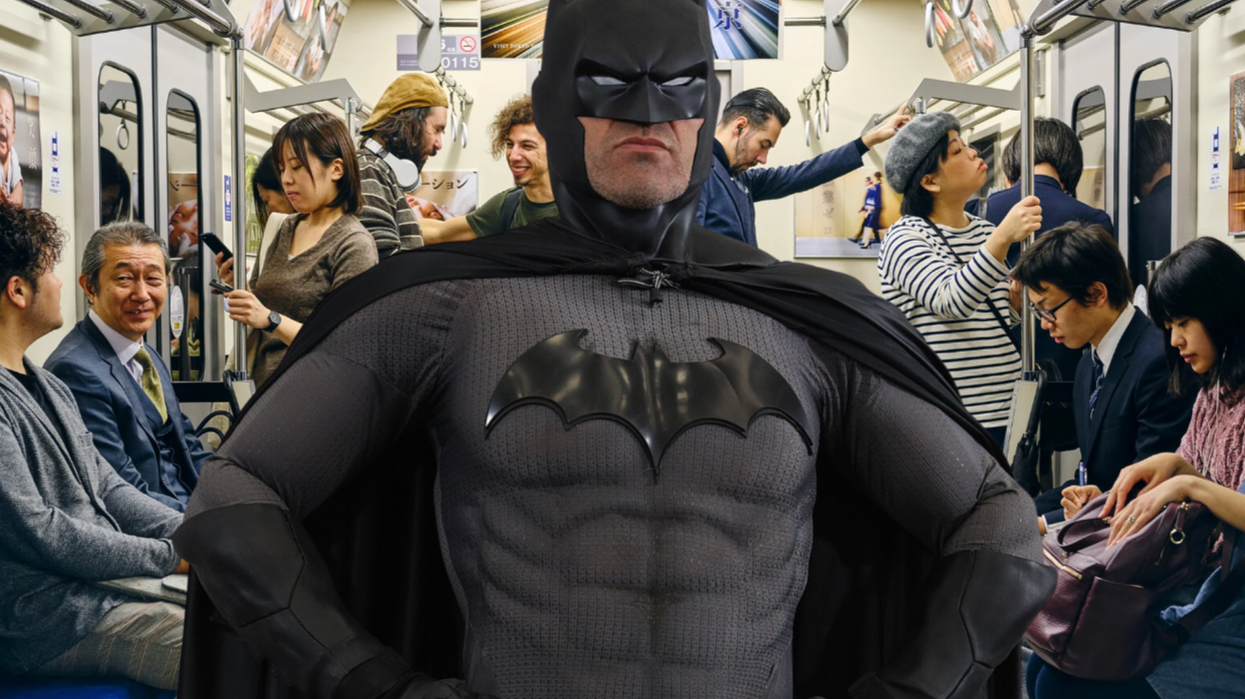









 Hungry and ready.Photo credit
Hungry and ready.Photo credit  The mac and cheese staple presentation.Photo credit
The mac and cheese staple presentation.Photo credit  Pizza ready from the oven.Photo credit
Pizza ready from the oven.Photo credit  Friends hover around the barbeque.Photo credit
Friends hover around the barbeque.Photo credit  Seafood platter on the beach.Photo credit
Seafood platter on the beach.Photo credit 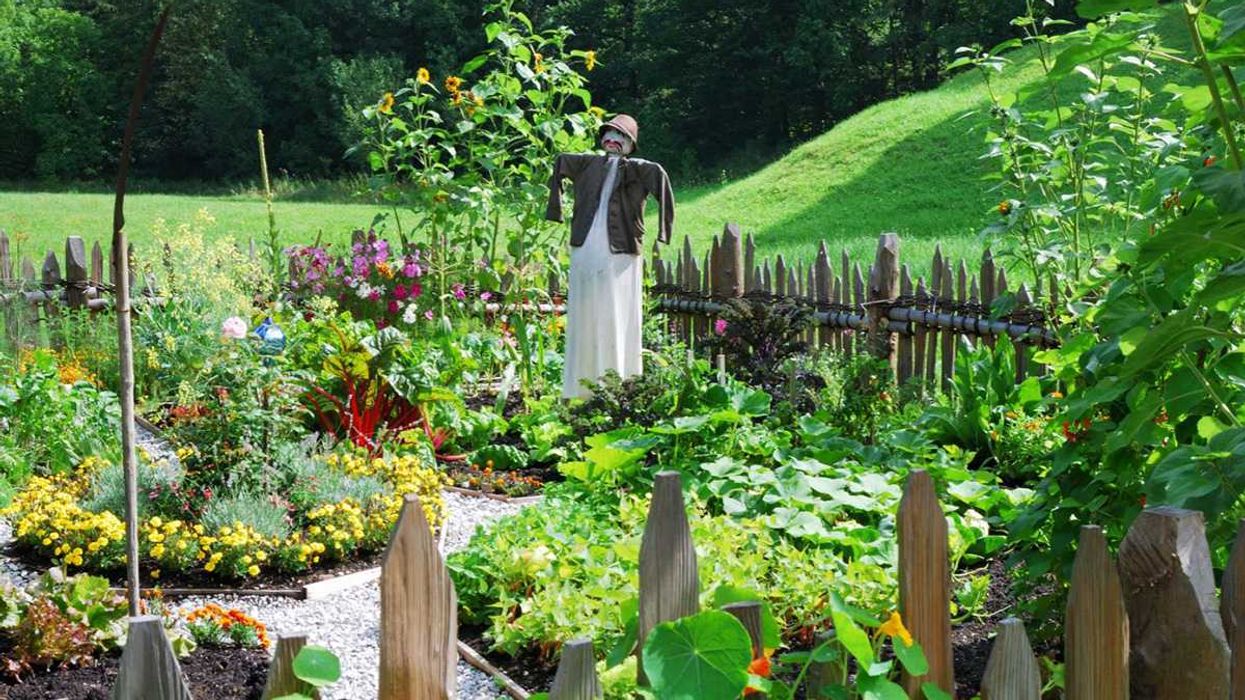 Scarecrow watches over a vegetable garden.Photo credit
Scarecrow watches over a vegetable garden.Photo credit 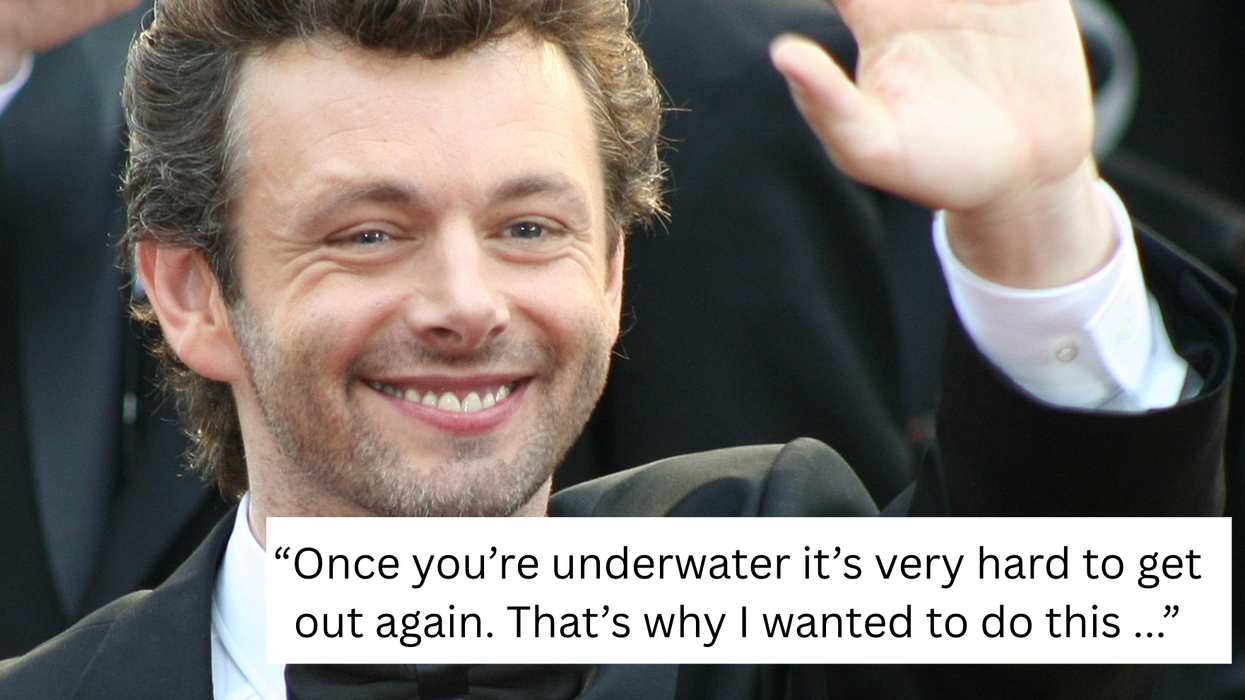



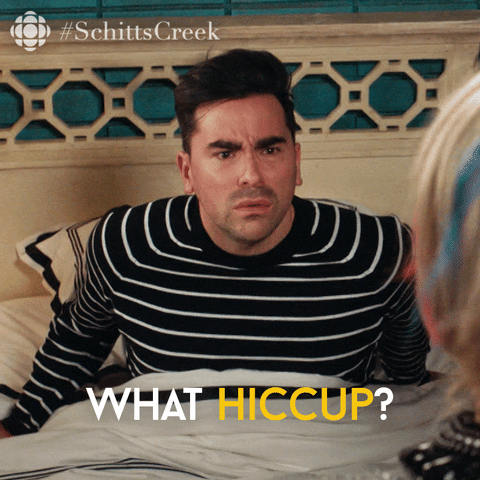 Gif from Schitt's Creek via
Gif from Schitt's Creek via 
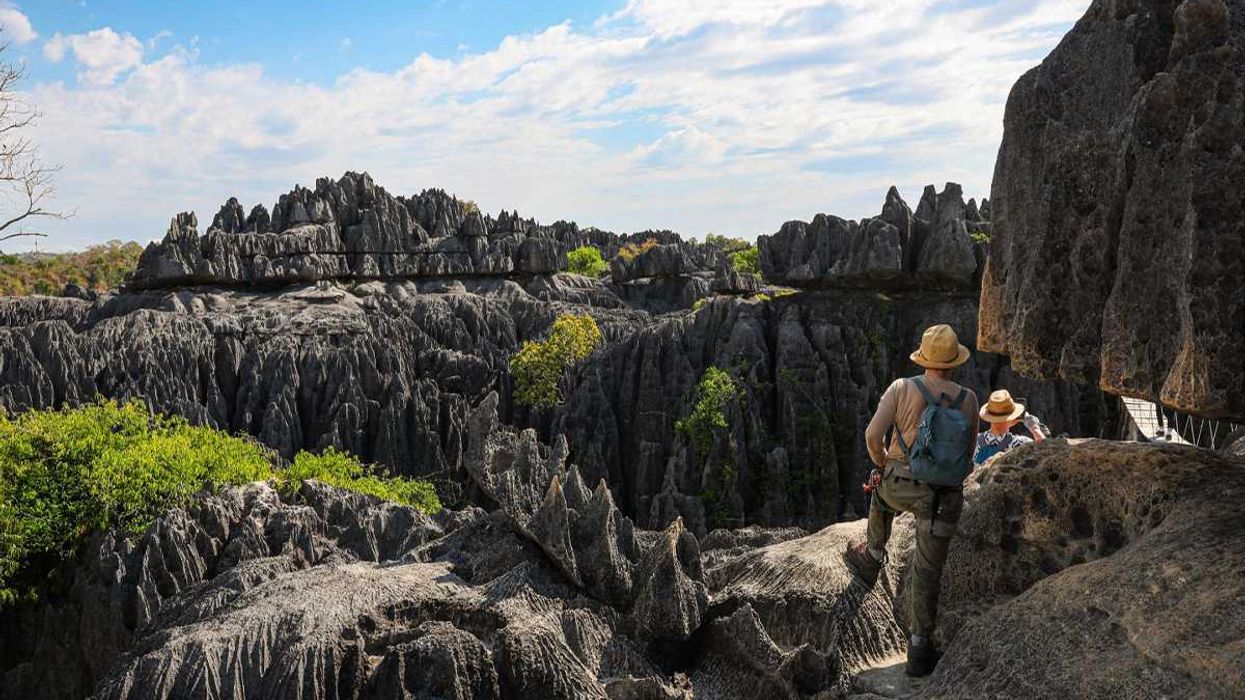 People on a beautiful hike.Photo credit:
People on a beautiful hike.Photo credit:  A healthy senior couple.Photo credit:
A healthy senior couple.Photo credit:  A diverse group of friends together.Photo credit:
A diverse group of friends together.Photo credit:  A doctor connects with a young boy.
A doctor connects with a young boy.  Self talk in front of the mirror.Photo credit:
Self talk in front of the mirror.Photo credit:  Lightbulb of ideas.Photo credit
Lightbulb of ideas.Photo credit 

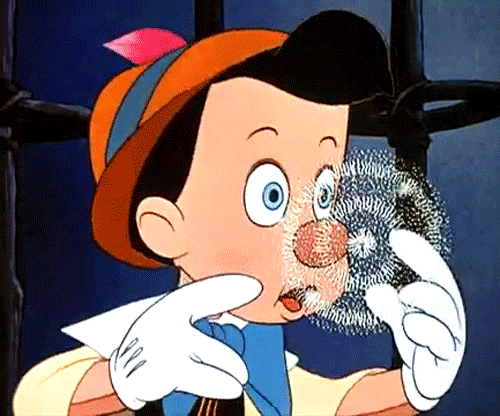 Gif of Pinocchio via
Gif of Pinocchio via